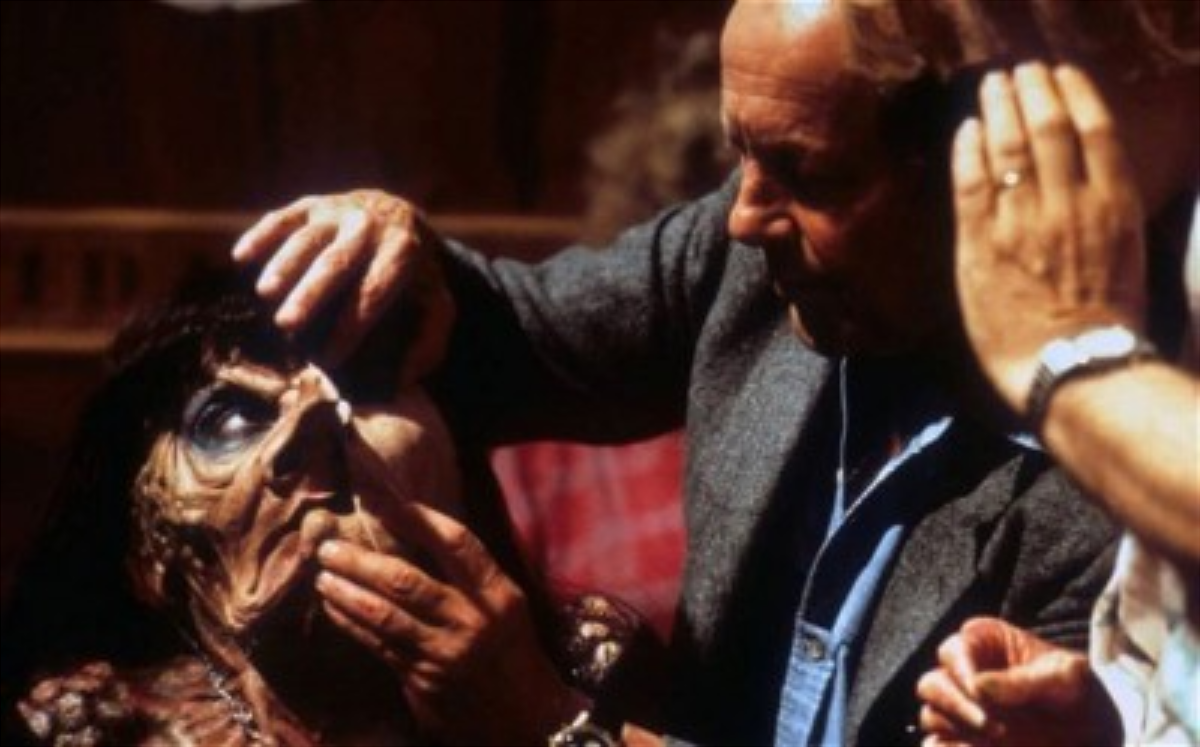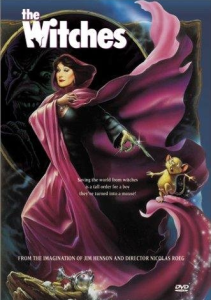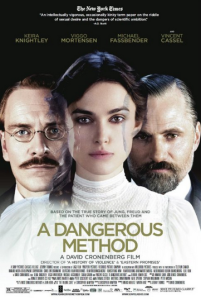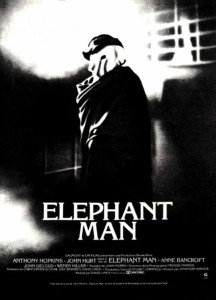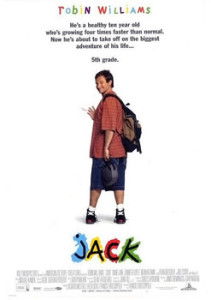Have you ever watched a film that left no real impact until the very end? We’re not talking a final twist in the narrative plot but rather, a sudden shock at the very end of the film, the part that only the purist cinema-goers stick around for. Seemingly inconsequential, the credits can tell you a lot about a film and indelibly change the way in which you think about it for some time to come.
It’s not the blooper reel we’re focusing on, but rather the listing of the names behind the film, the visionaries who were responsible for entertaining us for a period of time. Normally, the credit sequence holds little noticeable meaning. Plunging the cinema screen back into relative darkness, they function as a way in which to mentally debrief yourself on what you have just witnessed, to come to terms with the film and how you choose to think of it. Except for those rare moments when, lazily scanning our eyes over the speeding list of names, we are so struck by something that we read that we cannot help but cry out with an incredulous HUH??
When we think about directors, we normally know the kind of thing we are in for before the film even begins. If we are aware, for example, that we are watching a Hitchcock film, we suppose that it will contain mystery and intrigue. If we are watching something by Woody Allen, we assume it will contain awkward, offbeat humour. If we are watching something by Michael Bay, well, you get the idea.
What happens, then, when a big named director manages to slip past our attention and it is only during the credit sequence that we realise who was the vision behind the films? Not only that, what happens when, contrary to how we feel about the director beforehand, the work that they produce is so unlike anything from their entire oeuvre, from the cinematic vision that they represent that
we have to double and triple check that they were in fact responsible for it?
Although few and far between, there are moments in cinematic folklore such as these. The blip on the director’s radar which, in one fell swoop, causes us to reconfigure the entire way in which we conceive of them. With that in mind, let’s take a look at the strangest of the strange, the head scratching-est of the head scratching, the few moments in directors’ careers that made each and every one of us sit up in our seats, blink our eyes and bark a quick whaaaaaat?
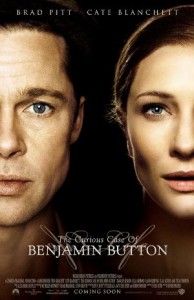 David Fincher and The Curious Case of Benjamin Button
David Fincher and The Curious Case of Benjamin Button
Yes, the director behind both Fight Club and Seven was also capable of producing this fluffier than fluffy tale of the weird. It’s hard to believe that someone who showed us the blacks of Seven and who has a penchant for the serious dark side of human nature was also capable of imagining the tale of a man who ages in the wrong direction. Even stranger is the fact that F. Scott Fitzgerald was the original brainchild behind the tale. Proof that, if writers can go a little off-piste, then why can’t directors do the same thing?
Nicholas Roeg and The Witches
Roeg. Man behind Walkabout and The Man Who Fell to Earth. At once pensive, sensitive and deeply strange. A maverick. Yet, Roeg also has a childish side and, in 1989, turned his attention towards the work of Roald Dahl. Whilst the driving adventure of The Witches is certainly out of Roeg’s comfort zone, there’s no denying that it is hugely enjoyable. Capable of transforming Angelica Huston into one of the hideous monsters in the world and making his audience take Mr Bean seriously, Roeg’s film stands its ground, and continues to thrill today.
David Cronenburg and A Dangerous Method
If you had told me a few years ago that the mind behind the gore-fests Videodrome and The Fly would later turn his attention to a period drama, I would have hit you down. And yet, here we are, post period-Cronenburg, still reeling from the aptly named, erm, Fasspanking that took place in the film. Tightening his focus on the strangeness of the human psyche over the grotesque human body, Cronenburg is apparently more refined than we thought, interested in matters of the mind above all else.
David Lynch and The Elephant Man
Cinema-daddy of the dreamy, yet nightmarish incomprehensible narrative plot, Lynch took a turn for the relative normal in his retelling of The Elephant Man. With seasoned actor John Hurt in the main role, Lynch proved that, he too has a soft side and is not above pulling a little at our heartstrings.
Francis Ford Coppola and Jack
Take a deep breath. Hold it for a bit. Now let it out. Coppola. The grandfather of cinema. The point against which countless directors measure their work. Capable of an (almost) flawless cinema trilogy. Bringing us unforgettable moments in film. And yet, apparently, even he is not immune to a little strange cinematic behaviour. Few children would have realised the gravity of the director’s name appearing at the end of the credit sequence and yet, for their parent supervisors, few would escape the massive blow when they realised it for themselves.
Coppola did not just go off-piste with this one, he went out of this world, turning his back on the twisted human mind to focus on a little boy stuck in a man’s body. Perhaps Coppola is trying to tell us something with Jack. Maybe, after all of his cinematic acclaim and congratulations, he is just a little boy, desperately trying to make friends with his peers.

